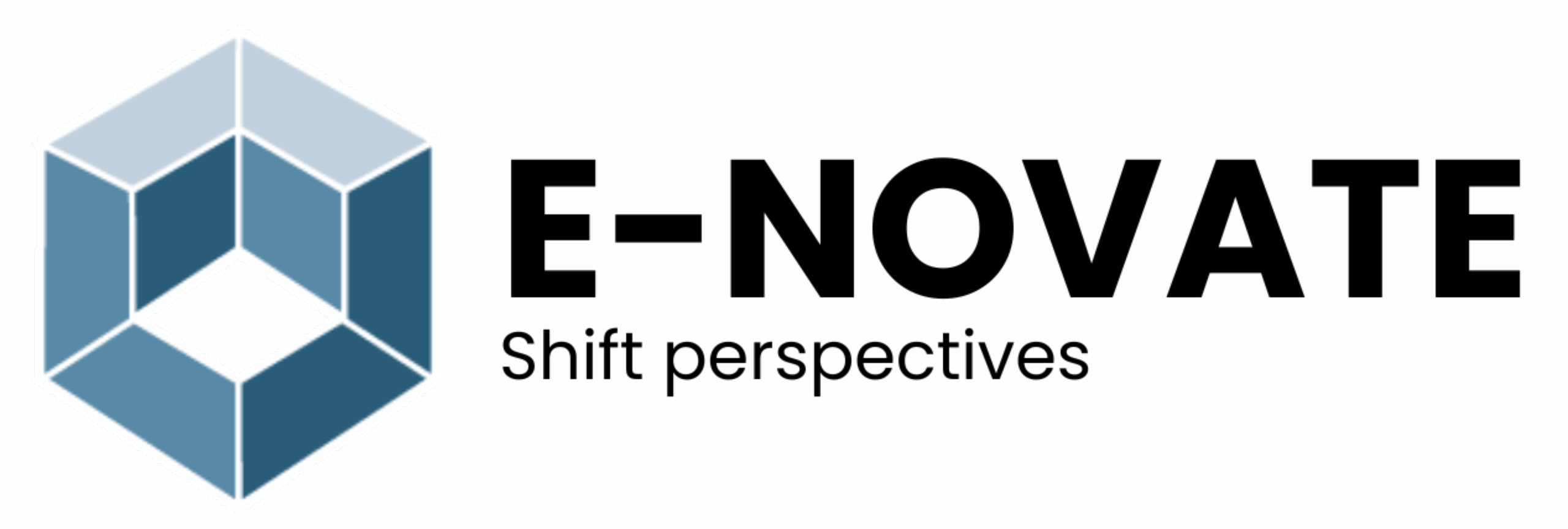Business & Tech specialists like nobody else.
What if technology helped Medtech achieve more



We made it by empowering the Medtech industry to deliver more with smarter tools, expert support, and seamless technology.
We created Aligna to help Medtech companies streamline their commercial processes, enhance customer service, and monitor business activity in real time.
By influencing key performance indicators, the platform empowers leaders to make better decisions and achieve sustainable growth
%
Dormant Stock
Product Turnover
%
Write Off level
Trusted by major industry players

